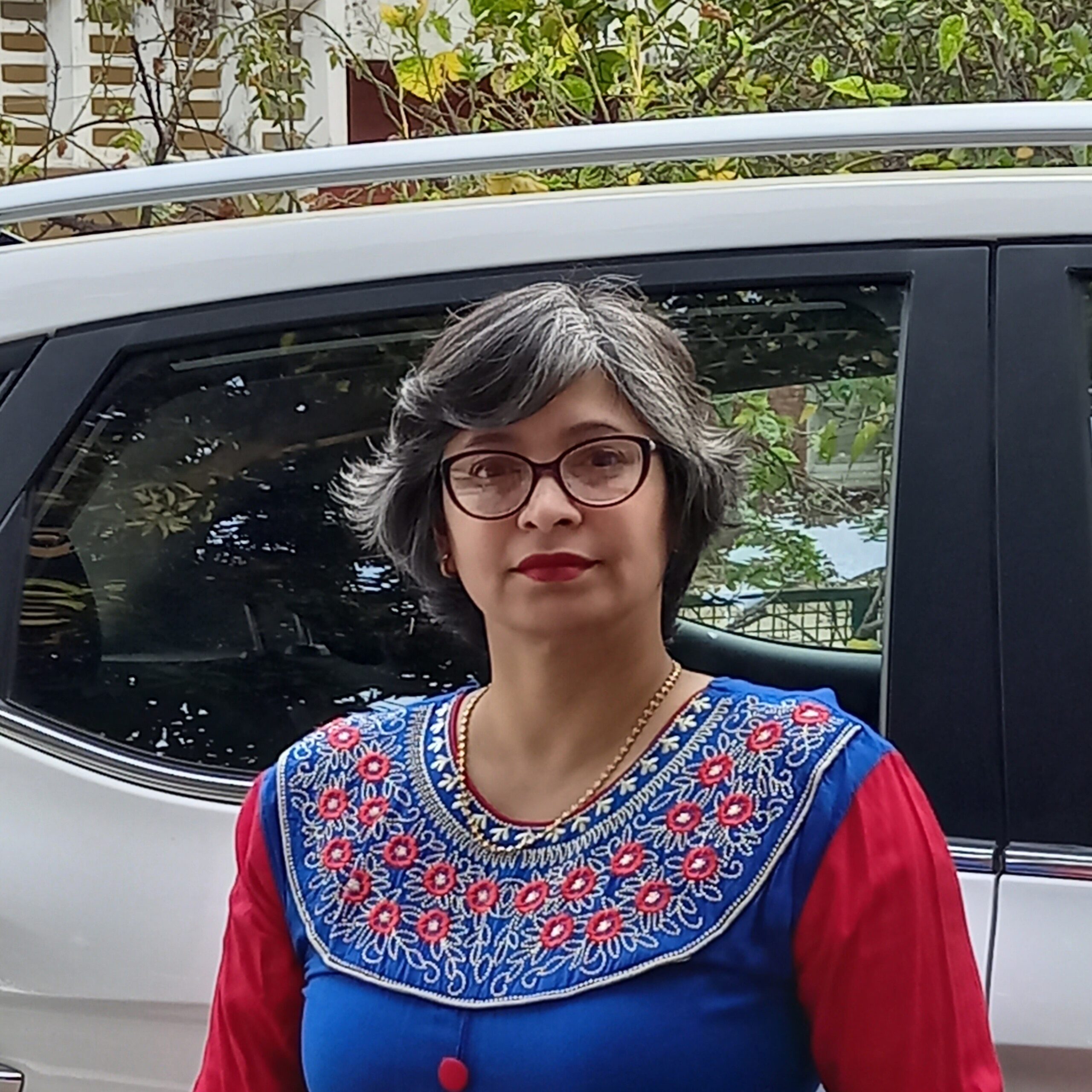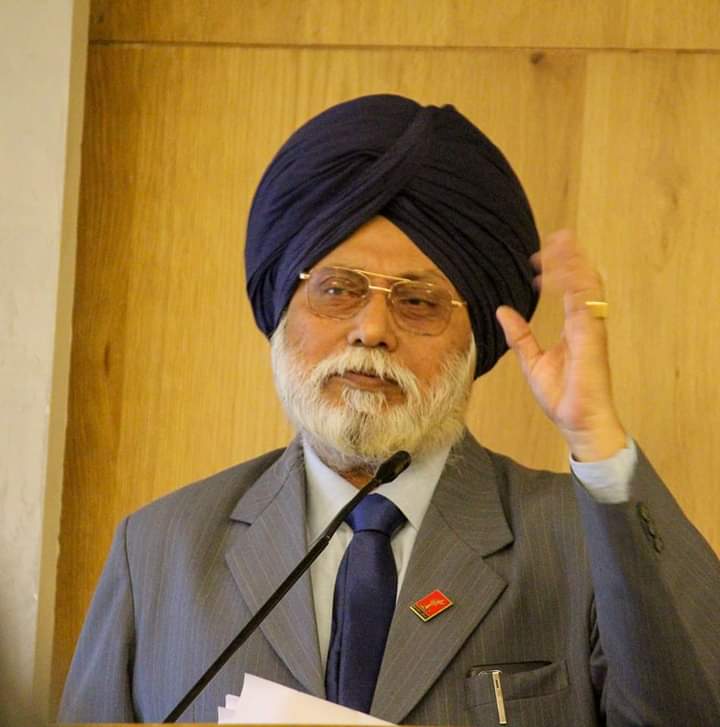Find Light Inspired and other fabulous works of world literature: https://worldinkers.com/book/
Anuradha, you recently completed and published the novel Light Inspired. This story is part biographical, the story of educator Deep Narayan Nayak who was recently awarded by the UN for his efforts in education of villagers in Bihar and Bengal, India. I appreciate the time you are taking to answer some questions about the novel.
Do you consider this novel a character study of Deep? In the seven chapters you layer different aspects of his life beginning with “Fortune”. How did you construct the layering where Deep becomes both unique and common as a human being?
The novel begins with the time of his grandfather, the time of zamindars and how their good fortune of being a zamindar eroded away. It also illustrates the hardships of self-respecting people who had no knack for robbing or cheating others. Deep Narayan’s family were the Brahmins, so they had the propensity to acquire knowledge from books. It is in itself a limitation. People who learn from books need an occupation where they can use the bookish knowledge. In my novel, I have tried to distinguish between the bookish people and the worldly wise. I believe that the bookish ones suffer more constraints in their day to day life. So, it is not a character study of Deepu alone. And you are right: in the novel, Deepu, or rather his parents and sisters represent the common man. Deepu has to stand out as unique because of his dedication to elevate the life of the community.
Fortune, health and education, as I have stated in the book, are three rungs of the ladder to success or happiness with a certain amount of luxury. In Deepu’s family, the lack of fortune was an impediment to both health and education; the lack of health was further an impediment to education and fortune and so I structured the novel in 7 chapters. These chapters are not chronologically true to his life but I have built up the argument that one can do service to the community and further on to the world only after ensuring the first three.
In what ways does this novel elucidate the purpose of education? The etymological meaning of education is “to bring forth.”
The novel targets the upper class as vulnerable because they find it difficult to navigate through life when hardships strike them. Most of Deepu’s relatives fall apart. The sudden loss of the head of the family leaves the children stranded. The shift to a hut without electricity is very trying. However, the belief in education as the only lighthouse drives their ship. The completion of education is of paramount importance.
In the case of Deepu, the best thing is that he combines practical knowledge with the learning of the alphabet. He involves whole families, not just their children and he also works out ways to eradicate superstitions. He does it all by his common sense which is quite uncommon.
Do you hope this novel inspires others to emulate Deep? What can the average person appreciate about this biographical story?
I don’t believe that everyone will be inspired to emulate Deep Narayan. He does have a group of supporters in his work but those are charitable people, elsewhere employed and sporadic in their support. What I am expecting from this novel is that the readers themselves will appreciate the importance of being street smart or call it worldly wise, keep their antennae raised for acquiring new knowledge that is outside the classroom. I am a teacher and I am myself frustrated by the way professors of science pour boiling oil into a plastic jar…
Anuradha Bhattacharyya
In Chapter Seven “World” you begin with the sentence, “The world watches all our activities.” What do you mean by that? Can you explain this passage which also states that we cannot close the world’s questioning eyes?
Only after ensuring the comforts of the home do we venture out to help the world. I have been advising my students who come from poor families that they should become strong, like in the poem, I Too by Langston Hughes where the boy eats in the kitchen. That metaphor of eating is significant for me. You have to grow strong yourself before you can haul others out from darkness. It’s like they advise in the airplanes: you wear the mask first and then help others. I wrote a poem to that effect during the pandemic. It’s called The Warrior.
The World is metaphorically the balance of merits and sins, gains and losses, rewards and punishments. That’s what I mean in the novel.
In Chapter Five “Teaching” you describe teaching as growing and “absolute fulfillment.” You suggest a teacher must learn to appreciate many things to be a teacher. In what ways do you find teaching to be a completion of a life circle? How does a teacher differ from a mechanic, seamstress, or other profession in this regard?
This particular sentiment is inspired by my own teachers. They used to say that while they were students, they did not understand many things in the textbooks. But when they became teachers and had to explain those concepts in a lecture, they studied harder, and perhaps also having grown up, they understood those things better.
I doubt it though. I saw a gold medalist in chemical engineering pouring hot peanuts on a plastic bowl, something I would instinctively not do, and of course, the bowl disappeared from underneath. Ha ha. Then there was a science teacher keeping a thermal flask of juice to be cooled in a refrigerator. I can’t sleep after that, thinking how foolish common people are.
To be a teacher, an educationist, one has to appreciate human psychology. Even if those are full of shortcomings, one has to accommodate all that. The natural curiosity should be very high in a teacher. I found Deep Narayan eloquent in explaining various general things. There were many things that I did not know and he spoke to me for hours explaining them all; manly things, in particular, which I have never touched. The more we talked, the more I appreciated the ideal teacher in Deep Narayan.
Finally, tell us about a recent conversation you had with Deep. How does he feel about being memorialized in a novel? What are his thoughts on the book overall?
I can only say that he was overjoyed. He wanted me to write the novel but was not really great in the narration. I prodded him a lot and then gradually, he came up with great facts, insights and I had only to weave it all with a thread of my own craft and lo, the book was ready in a month. He is now spreading the word in his circle.
WATCH AND SUBSCRIBE TO WORLD INKERS NETWORK FOR UPDATES ON GLOBAL LITERARY CULTURE








